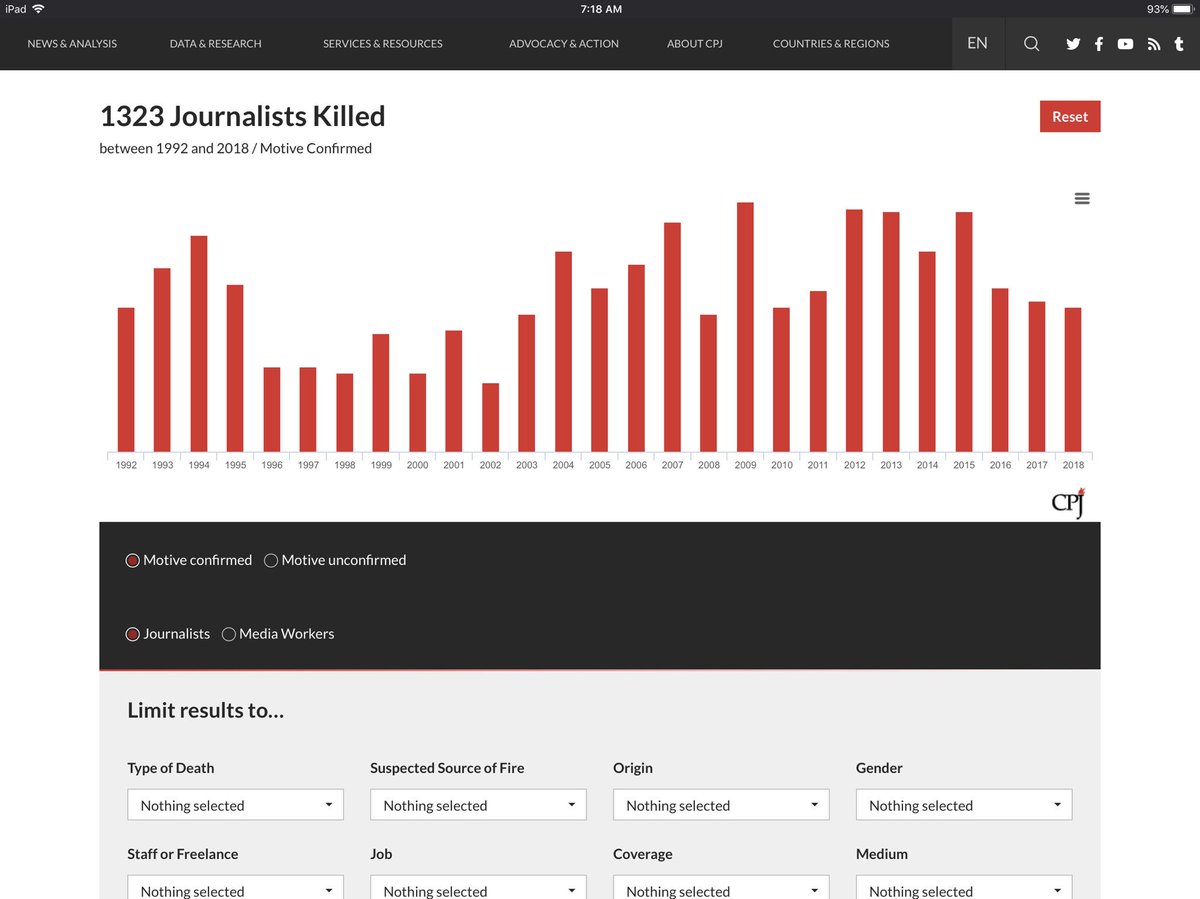The EU turned that model on its head. 6/
The UK would face some fundamental questions about its global positioning. 10/
Or will the model of so-called EU ‘normative power’ survive? 13/
He failed spectacularly in his mission for long periods with the Molotov-Ribbentrop pact being perhaps the lowest point in his tenure. But for the USSR that ‘deal’ came about because of realist necessity. 16/














